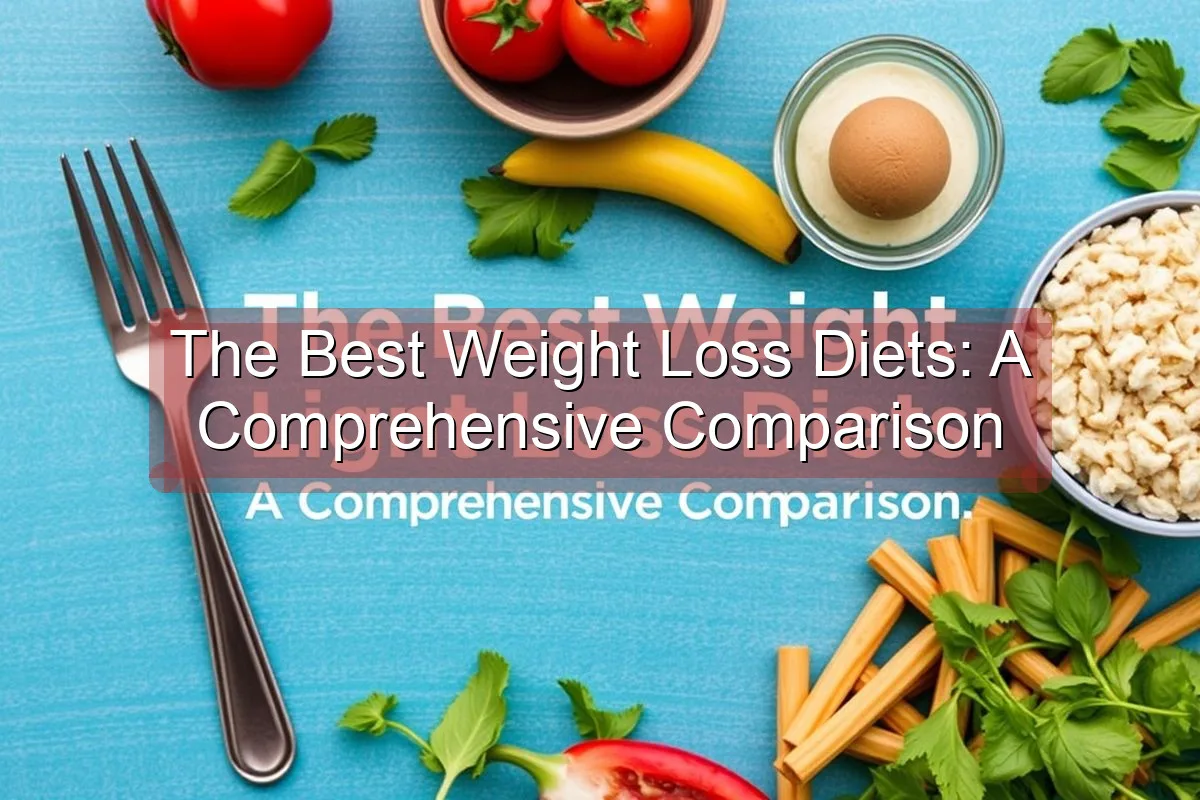
Unveiling Tyrus’s Weight Loss Secrets: A Comprehensive Guide
The journey to a healthier lifestyle is often paved with challenges, misinformation, and fleeting trends. Among the countless weight loss narratives, one name consistently emerges with a story of remarkable transformation: Tyrus. While Tyrus’s imposing figure and wrestling prowess are well-known, his dedication to weight loss and improved health has inspired many. This article delves into the secrets behind Tyrus’s weight loss journey, exploring the strategies, lifestyle changes, and mindset shifts that contributed to his success. From dietary adjustments to exercise regimens, we’ll uncover the key elements that propelled Tyrus toward a healthier and happier version of himself. This isn’t just about shedding pounds; it’s about embracing a holistic approach to well-being.
The Foundation: Dietary Changes
Understanding Caloric Deficit
The cornerstone of any successful weight loss program is understanding and implementing a caloric deficit. This means consuming fewer calories than your body burns daily, forcing it to tap into stored fat for energy. Tyrus likely achieved this by meticulously tracking his food intake and making conscious choices about the types of foods he consumed. It’s not about starving yourself; it’s about making informed decisions that prioritize nutrient-dense, lower-calorie options. This approach allows for sustainable weight loss without sacrificing overall health and well-being.
To effectively create a caloric deficit, it’s crucial to calculate your Basal Metabolic Rate (BMR), which is the number of calories your body burns at rest. Online calculators and consultations with nutritionists can help determine your BMR and tailor a diet plan that aligns with your weight loss goals. By understanding your body’s energy needs, you can strategically adjust your calorie intake and maximize your weight loss efforts. Remember, consistency is key; maintaining a caloric deficit over time will yield noticeable results.
Furthermore, the source of your calories matters. Prioritizing whole, unprocessed foods such as lean proteins, fruits, vegetables, and whole grains ensures that you’re nourishing your body with essential nutrients while minimizing empty calories from sugary drinks, processed snacks, and excessive saturated fats. This not only supports weight loss but also improves overall health and energy levels. It is important to consult with a healthcare professional or registered dietitian before making significant changes to your diet.
Prioritizing Protein Intake
Protein plays a vital role in weight loss by promoting satiety, preserving muscle mass, and boosting metabolism. Tyrus, being a former athlete, likely understood the importance of incorporating ample protein into his diet. Lean meats, poultry, fish, eggs, and plant-based sources like beans and lentils are excellent options. Protein helps you feel fuller for longer, reducing the likelihood of overeating and snacking on unhealthy foods. This is especially crucial during a caloric deficit when hunger pangs can be challenging to manage.
Moreover, protein is essential for maintaining and building muscle mass, which is critical for boosting metabolism. Muscle tissue burns more calories at rest than fat tissue, so preserving muscle mass during weight loss can help you burn more calories throughout the day. This can lead to more efficient weight loss and a leaner physique. Aim for a protein intake of around 0.8 grams per pound of body weight, adjusting as needed based on your activity level and individual needs.
In addition to its direct impact on weight loss, protein also plays a crucial role in overall health and well-being. It supports immune function, aids in tissue repair, and provides essential amino acids that the body cannot produce on its own. By prioritizing protein intake, Tyrus not only supported his weight loss goals but also enhanced his overall health and vitality.
The Role of Exercise and Physical Activity
Incorporating Strength Training
While diet plays a significant role in weight loss, exercise is equally important for building muscle, burning calories, and improving overall fitness. Tyrus, with his background in wrestling, likely incorporated strength training into his regimen. Lifting weights or performing bodyweight exercises helps build muscle mass, which, as mentioned earlier, boosts metabolism and burns more calories at rest. This can lead to more efficient weight loss and a more toned physique.
Strength training also offers numerous other benefits, including improved bone density, increased strength and endurance, and enhanced mood and cognitive function. It’s not just about lifting heavy weights; it’s about challenging your muscles and gradually increasing the intensity over time. Start with a weight that allows you to perform 10-12 repetitions with good form, and gradually increase the weight as you get stronger. Consult with a certified personal trainer to develop a safe and effective strength training program that aligns with your fitness goals.
Furthermore, strength training can help prevent muscle loss during weight loss, which is crucial for maintaining a healthy metabolism and preventing the dreaded “yo-yo” effect. By preserving muscle mass, you can ensure that you’re burning more calories throughout the day, even when you’re not exercising. This makes it easier to maintain your weight loss results in the long term. Remember, consistency is key; aim for at least two to three strength training sessions per week.
The Importance of Cardiovascular Exercise
Cardiovascular exercise, also known as cardio, is essential for burning calories, improving heart health, and boosting overall fitness. Activities like running, swimming, cycling, and brisk walking can help you burn a significant number of calories, contributing to your overall caloric deficit. Tyrus likely incorporated cardio into his routine to complement his strength training and further accelerate his weight loss efforts.
Cardio also offers numerous other benefits, including improved cardiovascular health, reduced risk of chronic diseases, and enhanced mood and cognitive function. Aim for at least 150 minutes of moderate-intensity cardio or 75 minutes of vigorous-intensity cardio per week, as recommended by health organizations. You can break this up into smaller sessions throughout the week to make it more manageable. Choose activities that you enjoy to make it more likely that you’ll stick with your routine.
In addition to structured cardio workouts, incorporating more physical activity into your daily life can also make a significant difference. Take the stairs instead of the elevator, walk or bike to work or errands, and find opportunities to stand and move around throughout the day. These small changes can add up over time and contribute to your overall weight loss efforts. Remember, every little bit helps!
| Exercise Type | Benefits | Examples |
|---|---|---|
| Strength Training | Builds muscle, boosts metabolism, improves bone density | Weightlifting, bodyweight exercises |
| Cardiovascular Exercise | Burns calories, improves heart health, reduces risk of chronic diseases | Running, swimming, cycling |
The Mental Game: Mindset and Consistency
Setting Realistic Goals
Weight loss is a journey, not a sprint. Setting realistic goals is crucial for staying motivated and avoiding discouragement. Instead of aiming for drastic weight loss in a short period, focus on making gradual, sustainable changes to your diet and exercise habits. Tyrus likely set achievable milestones and celebrated his progress along the way, which helped him stay focused and committed to his goals. Remember, small victories can lead to big results over time.
It’s also important to be patient with yourself and understand that setbacks are normal. Everyone experiences plateaus and occasional slip-ups along the way. The key is to not let these setbacks derail your progress. Instead, learn from your mistakes, adjust your approach as needed, and get back on track as soon as possible. Consistency is more important than perfection.
Furthermore, focus on the non-scale victories, such as increased energy levels, improved mood, and better sleep. These positive changes can be just as motivating as seeing the numbers on the scale go down. Celebrate your progress and acknowledge your hard work, and remember that weight loss is just one aspect of overall health and well-being.
The Importance of Self-Compassion
Weight loss can be challenging, both physically and emotionally. It’s important to practice self-compassion and treat yourself with kindness and understanding. Avoid self-criticism and negative self-talk, and instead focus on your strengths and accomplishments. Tyrus likely faced his own challenges and setbacks during his weight loss journey, but he persevered by maintaining a positive attitude and believing in himself.
Self-compassion also involves recognizing that you’re not alone in your struggles. Many people face similar challenges when it comes to weight loss and health. Connecting with others who are on a similar journey can provide support, encouragement, and a sense of community. Consider joining a weight loss support group or working with a therapist or counselor to address any emotional issues that may be contributing to your weight struggles.
Furthermore, prioritize self-care activities that help you manage stress and promote overall well-being. This could include spending time in nature, practicing mindfulness or meditation, engaging in hobbies you enjoy, or connecting with loved ones. Taking care of your mental and emotional health is just as important as taking care of your physical health.
- Set realistic goals
- Practice self-compassion
- Find a support system
- Prioritize self-care
Sıkça Sorulan Sorular
“`














Leave a Reply